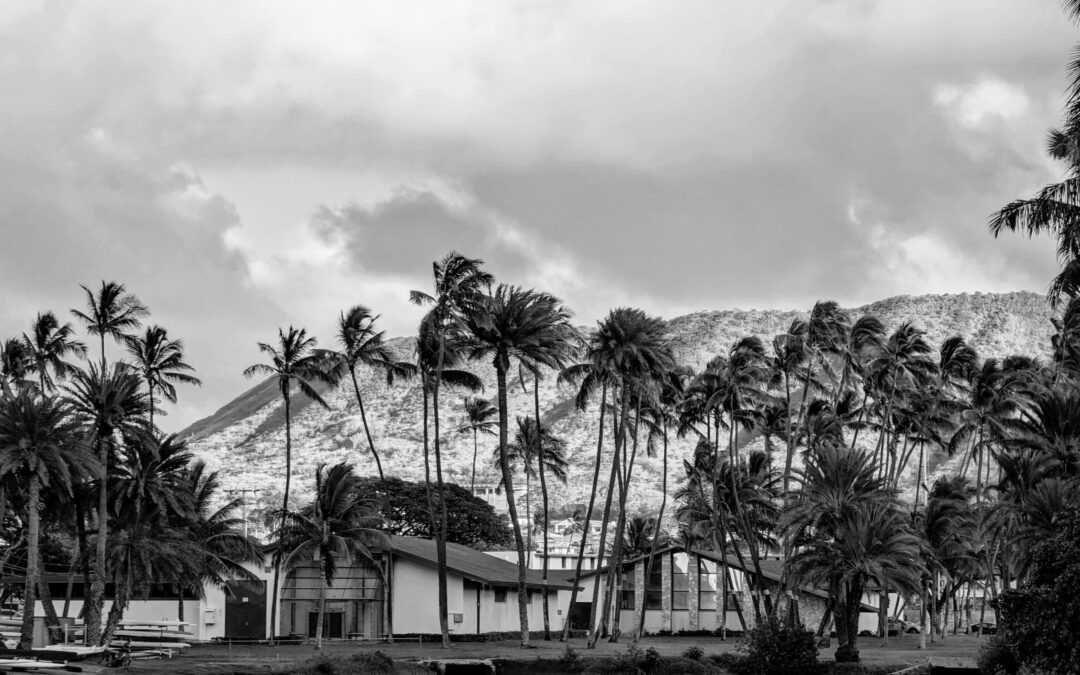Owning a beachfront home in Hawaii is not just a dream—it’s an investment in paradise. However, this opportunity comes with the responsibility of understanding complex zoning laws designed to protect Hawaii’s unique environment and promote sustainable development. Prospective buyers must familiarize themselves with these regulations to secure a property that aligns with their vision while respecting Hawaii’s commitment to preservation.
Hawaii’s Zoning Laws Demystified
Hawaii’s zoning laws govern land usage, and divided into residential, commercial, and agricultural zones. These laws reflect the state’s focus on sustainable land use, balancing development with environmental conservation.
Residential Zoning
In Hawaii, residential zones include single-family or multi-family homes, each subject to specific local regulations. Beachfront properties, in particular, are subject to stricter rules designed to protect delicate coastal ecosystems.
For instance, a buyer planning to build a beachfront estate must adhere to zoning requirements that mandate minimum distances from the shoreline. These rules are designed to safeguard properties from erosion and preserve the natural beauty of the coastline for future generations.
Commercial Zoning
Properties in commercial zones accommodate businesses like vacation rentals, boutique hotels, and bed-and-breakfasts. Entrepreneurs looking to use their beachfront properties for such ventures must navigate various zoning regulations, permits, and operational guidelines. Proper compliance helps avoid legal setbacks and enhances long-term profitability.
Navigating Hawaii’s Coastal Regulations
Hawaii’s coastal regulations extend beyond zoning laws, addressing ecological preservation, public access, and climate resilience. These laws are critical for safeguarding Hawaii’s shoreline and ensuring responsible property development.
Setback Requirements
Setbacks are essential for reducing the impact of erosion, protecting property structures, and maintaining public pathways to the beach. Prospective buyers planning new construction must design the buildings with these requirements in mind to ensure compliance and protect the shoreline’s integrity.
Addressing Climate Challenges
Beachfront properties face unique challenges like rising sea levels, intense storms, and coastal erosion. For example, an investor planning to renovate a vintage beach bungalow may need to integrate modern storm-resistant materials while preserving its original charm. Partnering with local experts can help navigate both legal and environmental compliance.
The Permitting Process
The permitting process in Hawaii can be complex, involving multiple layers of local and state approvals. These requirements are essential to ensure that construction and renovations align with zoning regulations and environmental guidelines.
Building Permits
Obtaining a building permit validates that plans comply with zoning laws and construction codes. Partnering with seasoned architects and contractors familiar with Hawaii’s unique requirements can expedite the process.
Special Use Permits
If the intended use of a property falls outside conventional zoning designations, special use permits are necessary. For instance, converting a beachfront home into a boutique vacation rental may require public hearings and additional approvals. Thorough preparation and expert guidance are key to navigating these challenges.
Unlock the full potential of your beachfront property with us at James Davis Real Estate. With personalized expertise in Hawaii’s zoning laws and coastal regulations, our team ensures a seamless journey from investment to realization. Contact us today and bring your vision of paradise to life along Hawaii’s breathtaking shores!
